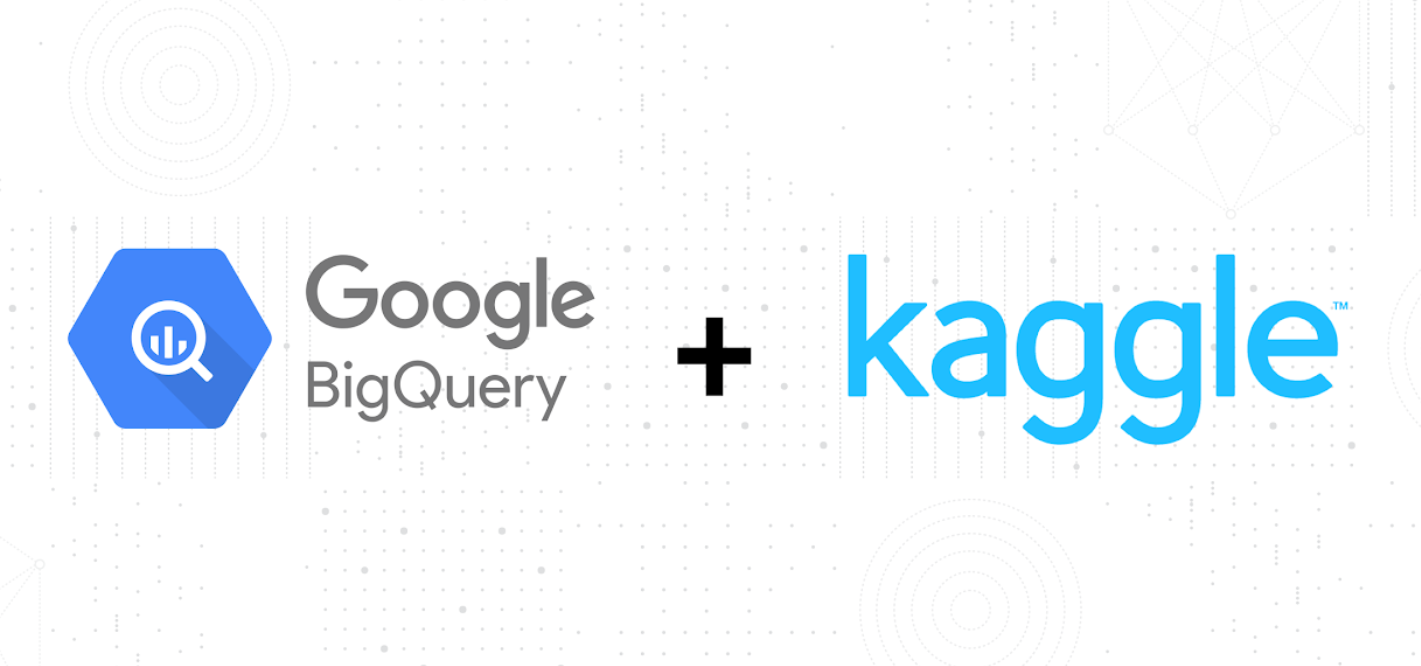 AI
AI
 AI
AI
 AI
AI
Google is trying to foster more collaboration within the machine learning community, which is focused on a specific subset of artificial intelligence that tries to mimic the way the human brain learns.
To do so, it’s integrating its BigQuery cloud data warehouse and analytics service with Kaggle, an online community for data scientists and other machine learning enthusiasts to explore, analyze and share their work. By combining BigQuery with Kaggle, which Google acquired two years ago, the company said it’s possible to query data within an “intuitive development environment” without needing to move or download that information first.
Users will be able to execute SQL queries, train machine learning models in the Structured Query Language and analyze those models in Kernels, which is Kaggle’s free hosted Jupyter notebooks environment. Jupyter notebooks are web applications that make it easier for data scientists to share and collaborate on software code.
To take advantage, data scientists will need to create a Google Cloud account and link this to their Kernels notebook or script. Once that’s done they can query their data and perform analysis on it from directly within the notebook, using the BigQuery application programming interface library.
“For example, you can import the latest data science libraries like Matplotlib, scikit-learn, and XGBoost to visualize results or train state-of-the-art machine learning models,” Kaggle product manager Jessica Li and BigQuery Director Jordan Tigani wrote in a blog post. “Even better, take advantage of Kernel’s generous free compute that includes GPUs, up to 16GB of RAM and nine hours of execution time.”
Google said querying and analyzing data within Kaggle is a more seamless process because it means there’s no need to query data within a query editor first, then export that data elsewhere to complete the analysis, as was the case before.
“In addition, Kaggle is a sharing platform that lets you easily make your Kernels public,” Li and Tigani wrote. “Kaggle lets you disseminate your open-source work and also discuss data science with the world’s top-notch data scientist professionals.”
The BigQuery and Kaggle integration is being made available starting today.
Support our mission to keep content open and free by engaging with theCUBE community. Join theCUBE’s Alumni Trust Network, where technology leaders connect, share intelligence and create opportunities.
Founded by tech visionaries John Furrier and Dave Vellante, SiliconANGLE Media has built a dynamic ecosystem of industry-leading digital media brands that reach 15+ million elite tech professionals. Our new proprietary theCUBE AI Video Cloud is breaking ground in audience interaction, leveraging theCUBEai.com neural network to help technology companies make data-driven decisions and stay at the forefront of industry conversations.